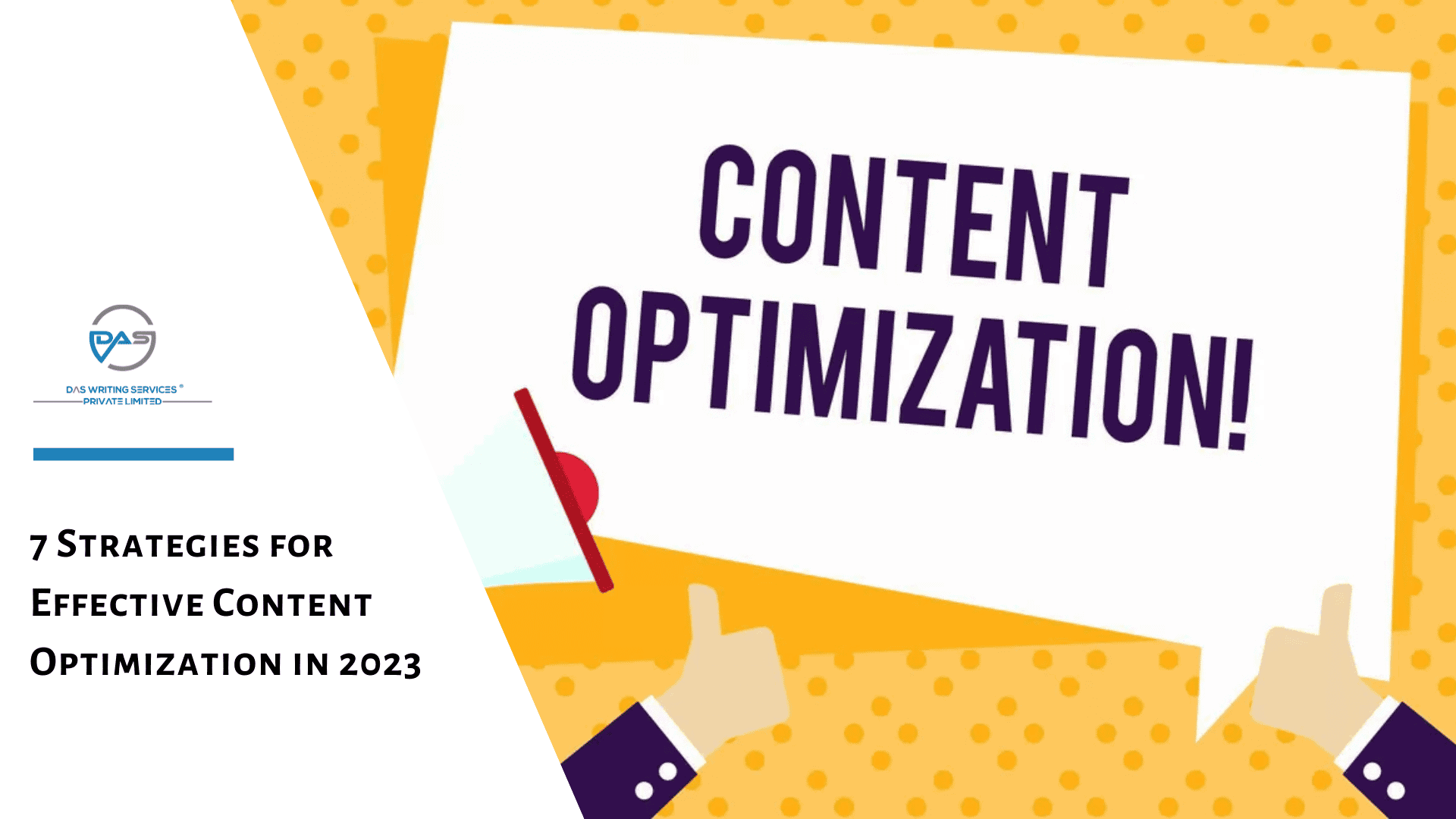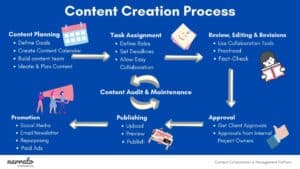Writing Optimization: Enhancing Your Content’s Impact
Creating quality content is only half the battle; optimizing it for search engines and user engagement is the key to sustained success. Writing optimization involves fine-tuning content so that it performs better in search rankings, captivates readers, and drives conversions. Whether you’re managing a blog, writing for social media, or crafting professional emails, mastering writing optimization will help amplify your message and reach a broader audience.
Why Writing Optimization Matters
In today’s saturated digital landscape, even well-written content can go unnoticed without proper optimization. Search engines prioritize content that is both relevant and accessible to users. Similarly, readers engage more with content that is clear, informative, and designed with their needs in mind. This means optimized writing is not just about keywords but also about user experience, readability, and actionability.
Key Elements of Writing Optimization
- SEO Best Practices
Search Engine Optimization (SEO) plays a crucial role in writing optimization. Using relevant keywords naturally within your content helps search engines categorize and display your work to the right audience. However, it’s important to avoid keyword stuffing, which can hurt your SEO ranking. Tools like Yoast and SEMrush are helpful for identifying SEO improvements. - Readability
Optimized content is easy to read. Make sure your writing is clear and free of jargon unless the audience expects it. Tools like Grammarly and Hemingway Editor can assess readability and ensure that your sentences are concise and error-free. Use short paragraphs, bullet points, and subheadings to make your content scannable. - Engagement and Clarity
Encourage engagement by writing in a conversational tone that resonates with your audience. Ask questions, use call-to-action (CTA) prompts, and include personal anecdotes or relatable examples. This helps readers connect with the content and motivates them to take action, whether it’s subscribing, sharing, or commenting. - Visual and Structural Elements
Break up long blocks of text with images, infographics, or videos to keep readers engaged. Incorporate headings and subheadings (H2-H6) to structure your article logically and make it easier to navigate.
Tools for Writing Optimization
- Grammarly
This widely used tool goes beyond just grammar correction. It provides suggestions on how to make your writing clearer, more engaging, and optimized for your intended audience. - Yoast SEO
This plugin for WordPress helps ensure that your content is optimized for search engines by assessing readability, keyword usage, and meta descriptions. - Hemingway Editor
Hemingway identifies overly complex sentences, passive voice, and other readability issues, making it a fantastic tool for optimizing your writing for clarity and simplicity. - Google Keyword Planner
This tool helps you identify relevant keywords that match user search intent, ensuring that your content is discoverable by your target audience.
Top Benefits of Optimized Writing
- Higher Search Rankings: SEO-friendly writing helps your content appear higher in search results, driving more organic traffic.
- Improved Reader Engagement: Clear, actionable content keeps readers on your page longer and increases the likelihood of conversions.
- Enhanced Credibility: Well-structured, error-free content builds trust with your audience and positions you as an expert in your field.
Best Practices for Writing Optimization
- Focus on User Intent: Before starting any piece, think about what your audience wants to learn or achieve. Tailor your content to address those needs directly.
- Incorporate Internal and External Links: Linking to relevant content within your site and high-authority external sources improves SEO and user experience.
- Optimize Meta Descriptions and Titles: Make sure your meta descriptions and titles contain primary and secondary keywords to improve visibility on search engines. Tools like Yoast SEO help assess these elements.
- Use Short, Simple Sentences: Keep your sentences concise to maintain readability. Avoid complex structures that can confuse or overwhelm your audience.
Conclusion
Writing optimization is about more than just appeasing search engines; it’s about creating content that speaks to your audience while meeting technical requirements. Whether you’re crafting blogs, marketing materials, or reports, optimized content will always outperform unoptimized pieces. Utilizing tools such as Grammarly, Yoast, and Hemingway Editor can take your writing to the next level, making it clearer, more engaging, and highly discoverable.
FAQs
1. What’s the best tool for SEO optimization in content?
- Yoast SEO and SEMrush are two of the top tools for ensuring content is optimized for search engines.
2. How can I improve the readability of my content?
- Use tools like Grammarly and Hemingway Editor to simplify sentence structure and improve overall clarity.
3. Does keyword density still matter?
- While keyword density is important, overstuffing your content with keywords can negatively affect readability and SEO performance.
4. Should I optimize for mobile readers?
- Yes, many users read content on mobile devices, so it’s essential to use short paragraphs, subheadings, and bullet points to enhance readability on smaller screens.
5. How often should I update my content for SEO?
- Regularly update your content, especially if new trends or research emerge in your field. Tools like Google Analytics can help track performance over time.
Top Tools to Simplify and Scale Your Writing Optimization
- Grammarly
- An essential tool for improving grammar, clarity, and overall readability in any type of writing.
- Yoast SEO
- Ideal for WordPress users, this plugin ensures that your content is optimized for search engines, including keyword usage and meta descriptions.
- Hemingway Editor
- This app helps improve sentence structure and readability by highlighting complex sentences and passive voice.
- Google Keyword Planner
- This free tool from Google allows you to research and select the best keywords to target in your content.
- SEMrush
- A comprehensive platform that offers detailed insights into keyword strategy, competition analysis, and content optimization.
Keywords:
Writing optimization, Grammarly, Yoast SEO, Hemingway Editor, content readability, SEO best practices, optimized writing tools, search rankings, content engagement







